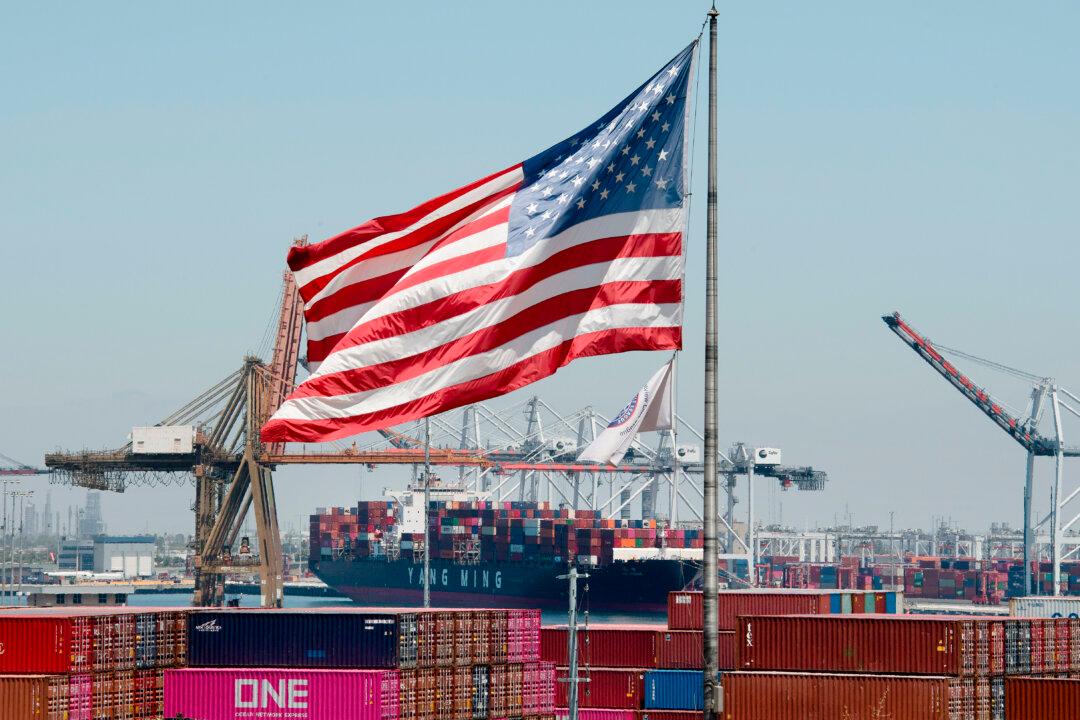Commentary
Despite Chinese Communist Party (CCP) propaganda, few believe the politicized gross domestic product (GDP) data, which claim growth of more than 5 percent in 2023 and aim for similar growth in 2024. One of the numerous reasons cited for slowing Chinese growth stems from the years-long crackdown on private enterprise in China.





